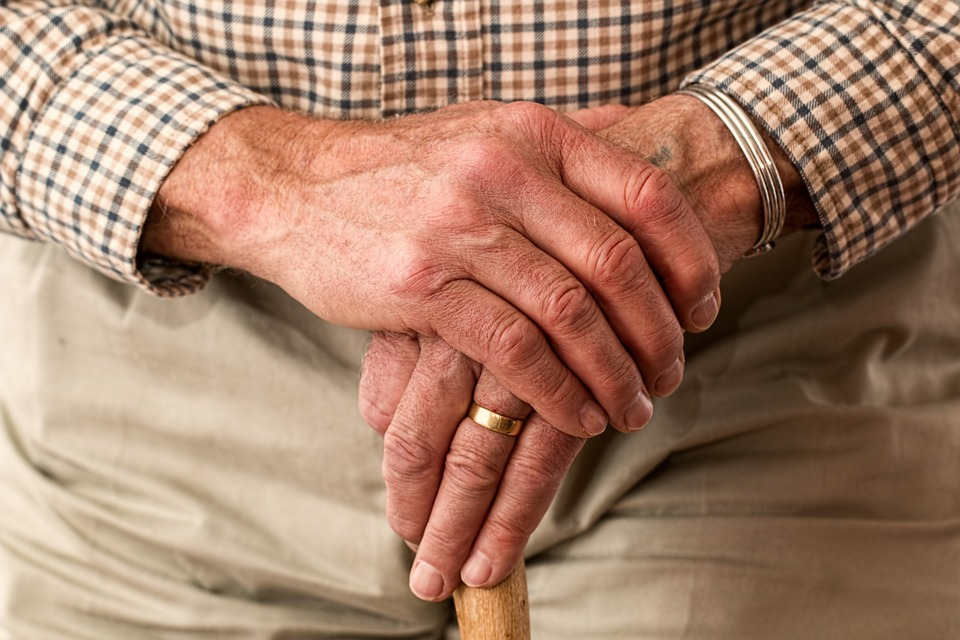Home hacks for your elderly parents

Collaborative Post
It’s natural for the elderly to want to stay in their own homes as long as possible to maintain some independence. It’s also natural to worry about elderly parents coping at home alone, but there are some changes you can make to make their home safer for them. This gives you peace of mind, and allows your parent to enjoy their home for longer.
The Right Chairs
Many elderly people spend quite a lot of the day sitting. If this is the case, think about chairs to improve the standard of living in the elderly. A good chair encourages good posture, which can help to prevent aches and pains developing. Look for chairs that offer support to the back and shoulders to prevent hunching into awkward, uncomfortable positions. You’re looking for a high-backed chair that keeps the spine in a natural position without slouching. If you can, choose one that also offers some neck support.
Avoid chairs without arms. An armless chair can make it a struggle for your parent to get up from the chair, which could increase the risk of a fall.
Extra Bannisters
If your elderly parent lives in a home with stairs, check on the bannisters. Are they at a good height to be gripped while using the stairs?
Adding an extra bannister if the stairwell currently only has one can help offer an extra grip for moving up and down stairs. You can also add handrails or bannisters in areas like corridors if your parent is struggling to get about.
Add More Lights
A well-lit home can help prevent trips and falls due to poor eyesight. Make sure the house is well lit to avoid stumbles in the dark.
If you’re worried about your parent reaching a light switch when getting out of bed at night, you could consider motion sensitive lights in areas like landings to prevent falls on the stairs. Add easily reachable lamps to the bedside table, or perhaps lights activated with a clapper.
In The Kitchen
If your parents enjoy cooking but are struggling to stand for long periods at the counter or the oven, there’s a very simple change that could make a real difference. Add a high stool.
A high stool, or perching stool, helps support the person in a nearly standing position but takes the pressure off standing. Your parent can have an extra support, but still be at the correct height for working at the counters or stove top, without becoming tired.
Invest in a small trolley or cart to help move food around the kitchen or into another room. Kitchen tools can be adapted too. Wide-handled cutlery, plates with thick brims and mugs with sturdy, wide handles are much easier to be picked up and held onto in unsteady hands.
Check Volumes
Make sure that any alarms are loud enough to be clearly heard by anyone in the house. If your parents are hard of hearing, you may need to increase the volume on the phone or alarms so they are alerted safely in an emergency.
Image from Pixabay

